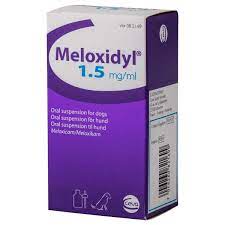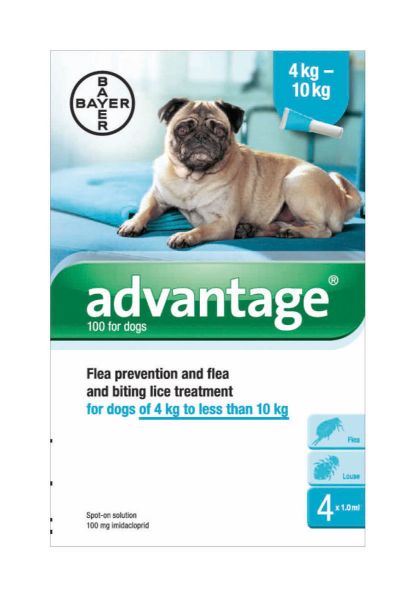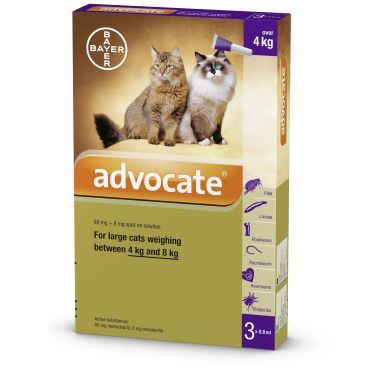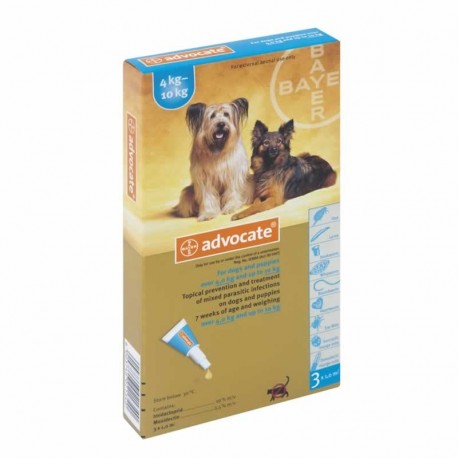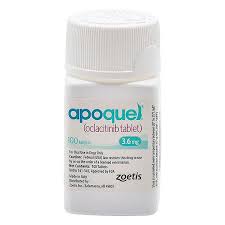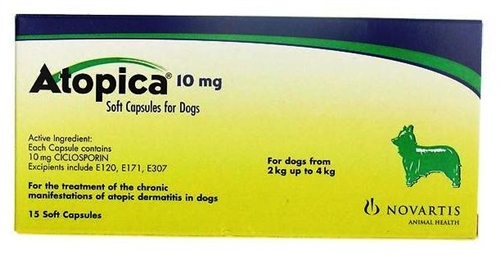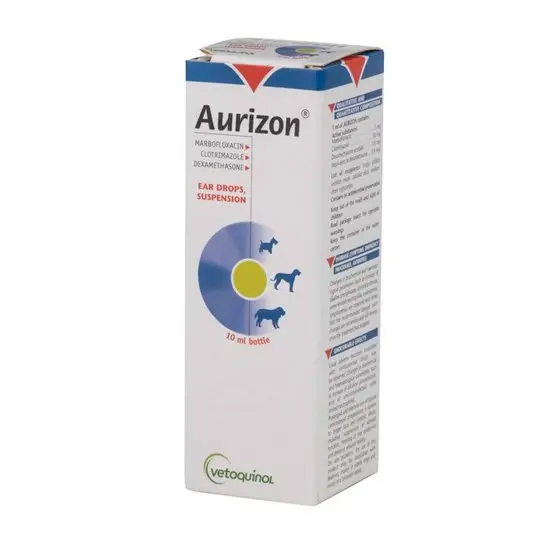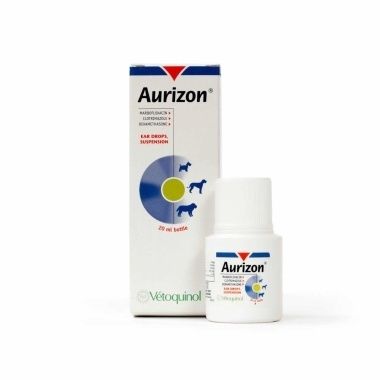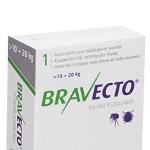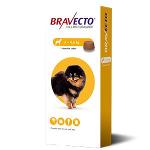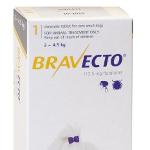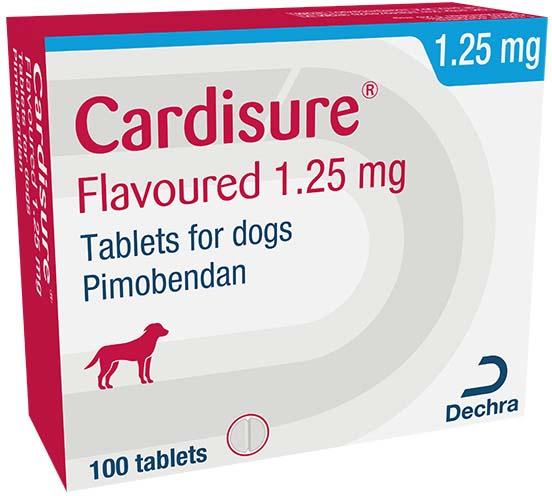Meloxidyl® 1.5 mg/ml oral suspension for dogs Species: Dogs Therapeutic indication: Pharmaceuticals: Anti-inflammatory preparations: Oral: Other NSAIDs Active ingredient: Meloxicam Product:Meloxidyl® 1.5 mg/ml oral suspension for dogs Product index: Meloxidyl oral suspension for dogs Qualitative and quantitative composition Composition for 1 ml Active substance(s): Meloxicam 1.5 mg Excipients: Sodium benzoate 2 mg For the full list of excipients, see section Pharmaceutical particulars. Pharmaceutical form Pale yellow suspension. Clinical particulars Target species Dogs. Indications for use, specifying the target species Alleviation of inflammation and pain in both acute and chronic musculo-skeletal disorders. Contraindications Do not use in pregnant or lactating animals. Do not use in animals suffering from gastrointestinal disorders such as irritation and haemorrhage, impaired hepatic, cardiac or renal function and haemorrhagic disorders, or where there is evidence of individual hypersensitivity to the product. Do not use in dogs less than 6 weeks of age. Special warnings for each target species None. Special precautions for use Special precautions for use in animals If side effects occur, treatment should be discontinued and the advice of a veterinarian should be sought. Avoid use in any dehydrated, hypovolaemic or hypotensive animal, if there is a potential risk of increased renal toxicity. Special precautions to be taken by the person administering the veterinary medicinal product to animals People with known hypersensitivity to NSAIDs should avoid contact with the veterinary medicinal product. In case of accidental ingestion, seek medical advice immediately and show the package leaflet or the label to the physician. Adverse reactions (frequency and seriousness) Typical adverse drug reactions of NSAIDs such as loss of appetite, vomiting, diarrhoea, faecal occult blood and apathy have occasionally been reported. These side effects occur generally within the first treatment week and are in most cases transient and disappear following termination of the treatment but in very rare cases may be serious or fatal. Use during pregnancy, lactation or lay The safety of the veterinary medicinal product has not been established during pregnancy and lactation (see Contraindications). Interaction with other medicinal products and other forms of interaction Other NSAIDs, diuretics, anticoagulants, aminoglycoside antibiotics and substances with high protein binding may compete for binding and thus lead to toxic effects. The product must not be administered in conjunction with other NSAIDs or glucocorticosteroids. Pre-treatment with anti-inflammatory substances may result in additional or increased adverse effects and accordingly a treatment-free period with such drugs should be observed for at least 24 hours before commencement of treatment. The treatment-free period, however, should take into account the pharmacokinetic properties of the products used previously. Amounts to be administered and administration route Oral use. Shake well before use. To be administered mixed with food. Initial treatment is a single dose of 0.2 mg meloxicam/kg body weight on the first day. Treatment is to be continued once daily by oral administration (at 24-hour intervals) at a maintenance dose of 0.1 mg meloxicam/kg body weight. Particular care should be taken with regard to the accuracy of dosing. The suspension can be given using the measuring syringes provided in the package. The syringe fits onto the bottle and has a kg-body weight scale which corresponds to the maintenance dose (i.e. 0.1 mg meloxicam/kg body weight). Thus, for the first day, twice the maintenance volume will be required. The suspension could be administered using the smallest syringe for dogs less than 7 kg body weight (one graduation corresponding to 0.5 kg of body weight) or the largest syringe for dogs over 7 kg body weight (one graduation corresponding to 2.5 kg of body weight). A clinical response is normally seen within 3 – 4 days. Treatment should be discontinued after 10 days at the latest if no clinical improvement is apparent. Avoid introduction of contamination during use. Overdose (symptoms, emergency procedures, antidotes), if necessary In the case of overdosage, symptomatic treatment should be initiated. Withdrawal period(s) Not applicable Pharmacological particulars Pharmacotherapeutic group: Antiinflammatory and antirheumatic products, non steroids. ATCvet code: QM01AC06. Pharmacodynamic properties Meloxicam is a non-steroidal anti-inflammatory drug (NSAID) of the oxicam class which acts by inhibition of prostaglandin synthesis, thereby exerting anti-inflammatory, analgesic, anti-exudative and antipyretic effects. It reduces leukocyte infiltration into the inflamed tissue. To a minor extent it also inhibits collagen-induced thrombocyte aggregation. In vitro and in vivo studies demonstrated that meloxicam inhibits cyclooxygenase-2 (COX-2) to a greater extent than cyclooxygenase-1 (COX-1). Pharmacokinetic particulars Absorption Meloxicam is completely absorbed following oral administration and maximal plasma concentrations are obtained after approximately 7.5 hours. When the product is used according to the recommended dosage regime, steady state concentrations of meloxicam in plasma are reached on the second day of treatment. Distribution There is a linear relationship between the dose administered and plasma concentration observed in the therapeutic dose range. Approximately 97% of meloxicam is bound to plasma proteins. The volume of distribution is 0.3 l/kg. Metabolism Meloxicam is predominantly found in plasma and is also a major biliary excretion product whereas urine contains only traces of the parent compound. Meloxicam is metabolised to an alcohol, an acid derivative and to several polar metabolites. All major metabolites have been shown to be pharmacologically inactive. Elimination Meloxicam is eliminated with a half-life of 24 hours. Approximately 75% of the administered dose is eliminated via faeces and the remainder via urine. Pharmaceutical particulars List of excipients Xanthan gum, Silica colloidal anhydrous, Sorbitol liquid non-crystallising, Glycerol, xylitol, Sodium benzoate, Citric acid anhydrous, Purified water. Major incompatibilities Not applicable. Shelf life Shelf life of the veterinary medicinal product as packaged for sale: 3 years. Shelf life after first opening the immediate packaging: 6 months. Special precautions for storage This veterinary medicinal product does not require any special storage conditions.

